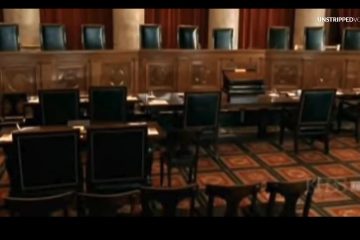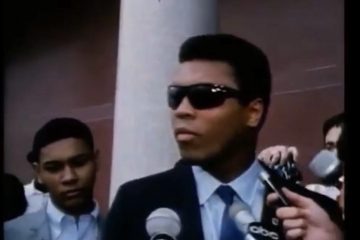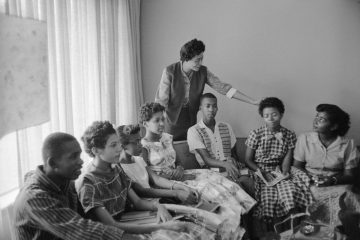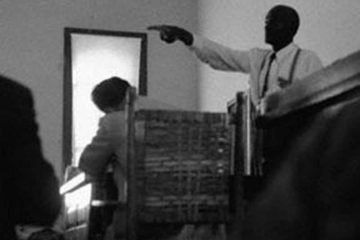How Civil Disobedience Helps Overcome Oppression: Part 5
“The New Negro, a 1957 Convo”
Following the Dec. 1956 bus boycott victory in Montgomery, Dr. King spoke to people across the country about how he led the effort to pull it off. The boycott not only de-segregated buses in Montgomery, but inspired tons of other successful bus boycotts in U.S. cities across the South.
This left a general feeling in the U.S. that Black people in the 1950s were “different” than the ones in the past.
To further prove the point, in 1957 Dr. King spoke with Richard D. Heffner from “The Open Mind” and was joined by Judge J. Waties Waring, the South Carolina Supreme Court Judge that voted for desegregating schools in the 1954 Brown v Board case.
The main topic of discussion: Is the new Negro “too assertive” in his fight for rights? Or should he let the judicial process play out, a “safer” option?
(Very interesting how people were saying Dr. King’s non-violence approach was “too assertive”, a full 2 years before Malcolm X came to the scene).
View Part 6 here.
View Part 4 here.
—-
**About this series:
We’re showing a multi-part series on how CIVIL DISOBEDIENCE has been the main catalyst that has overcome oppression in the U.S.













